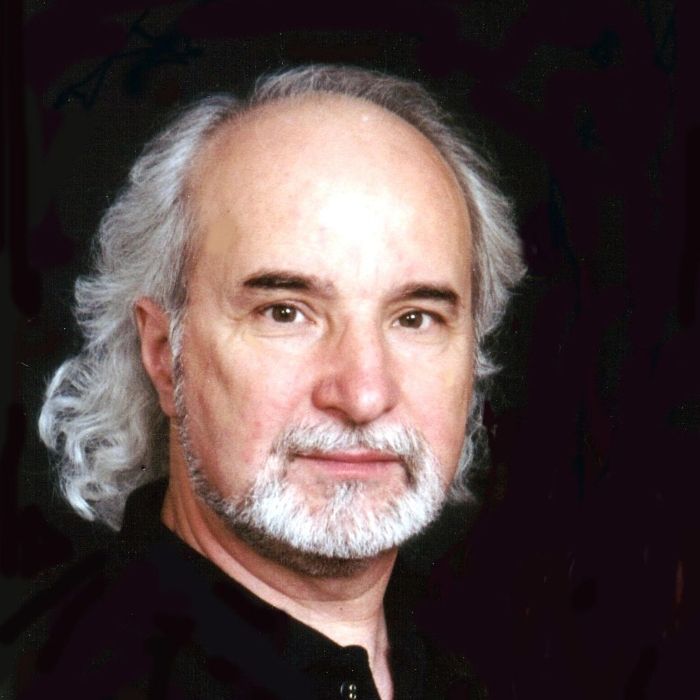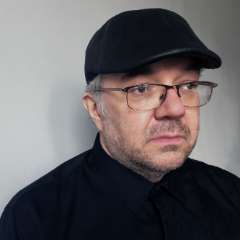The International Centre for Contemporary Music launched its inaugural concert season last month with the first concert in a short series looking eastward, called “Leaning East”, that continues this month. The programming of its premiere season says much about the ICCM’s mission not just in promoting contemporary music but in differentiating between great, if often overlooked, compositions and simply presenting what’s the most current and talked about. The season points to the curatorial philosophy of a new home for orchestral music of the last 80 years in London’s West End.
“There is a preconception about being cutting edge and doing what is the latest thing,” according to ICCM co-founder and Artistic and Music Director Zvonimir Hačko. “There are some incredible pieces of music that have been written in the last 60, 70 years which are simply not performed.”

The primary objective of the Centre, according to Hačko, will be the presentation of orchestral works composed since World War 2, works that often don’t have an established performance history. “ICCM is, in particular, interested in symphonic works because there is a gap,” he told me. “My interest was to say, aha, so many small ensembles play this work for chamber orchestra. What is happening to these pieces?”
But even with works heard more frequently (if still not canonical), Hačko said, the intent will be to consider the pieces anew and to approach them with a fresh perspective, not simply to follow already established interpretations. He recalled a story from his youth in Croatia: a young girl was baking a cake with her mother. The girl asked why they used a shallow pan and the mother explained that that was what her mother used. The girl then went to her grandmother and asked why she had used a shallow pan for baking cakes and her grandmother said that it was the pan her mother had used. The girl then went to her great-grandmother and asked why they didn’t use a larger pan for baking cakes. Her great-grandmother replied that it was the only pan they had. The story, Hačko said, shows how we can be misled by simply following precedent. “We have to scrutinize and ask: why are we baking in this old pan?” he said. “The story is not about the pan. The story is about the cake.”
Consensus is yet to be set as to what are the great symphonic works of the last 80 years, and important compositions are at risk of being forgotten if they aren’t performed. “Only over time do we get a grasp as to what has lasting quality,” he added. “If you look at Gubaidulina’s work, certain pieces stand out and we think, OK, here is something that is going to last.”
Sofia Gubaidulina, Witold Lutosławski, and Krzysztof Penderecki will all be heard in the coming nights of the Leaning East series. Gubaidulina’s 2009 Fachwerk for strings, percussion and bayan (a Russian button accordion) will be played on 22nd May, the final concert of the series. Hačko, who conducts the evening, has long since undertaken the intense scrutiny of the score he indulges in order to find an understanding of the music. “I think Fachwerk is certainly one of those that requires studying the score,” he said. “When you get in touch with her and read her scores, it’s like a Mount Sinai moment.”
The same program includes Lutosławski’s 1954 Concerto for Orchestra, and for the 13th March opening concert, Hačko led the Royal Philharmonic in another work by the Polish composer which demanded similar inquisition. “I performed Lutosławski’s third symphony,” he said. “One has to go back to the score and say: what is it he did in the third symphony? What is it that made it pivotal?”’
Sandwiched between Lutosławski and Vasks was the French composer Thierry Escaich, appearing as soloist in the UK premiere of his Organ Concerto no. 1—an unexpected choice for a series spotlighting East European composers. “In the context of the concert, it served a purpose and that was for people to ask the question: why is he included?” Hačko explained. “It’s for this purpose that we called the festival Leaning East. It was to cleanse the palette before Lutosławski”.
The remaining two nights lean more wholly eastward. The 27th April New Polish Music concert features Penderecki’s Sinfonietta per archi (1992) and world premieres by Wojciech Błażejczyk (Concerto for Electric Guitar & Orchestra) and Paweł Mykietyn (Prank
The Leaning East series has been in planning for two years, with curatorial decisions made well before producing a concert series focusing on eastern Europe took on its current context. The ongoing conflict in the Ukraine may be addressed in the upcoming concerts, Hačko said, but it wasn’t a curatorial impetus. “I don’t believe in using art for social adjustment or social manipulation, but I do think the arts need to address our contemporary situation,” he said.
The eastern focus will continue later this year, when the Centre will host a five-concert Penderecki Retrospective and release a five-disc set of new recordings covering all of Penderecki’s symphonies. A recording of Gubaidulina’s Fachwerk and works by the Brazilian composer Clarice Assad and London-born Anna Clyne is also in the works. All of those efforts will be conducted by Hačko.
All of the ICCM activities are aimed at making contemporary music relevant and even exciting at a time when, to many, the mid 20th-century may seem an eternity ago. For the ICCM, keeping current is a work in progress; what to present and how it’s presented remains an open question. “We still wear 19th-century clothes at the concert and we’re performing contemporary music”, Hačko said. “I think that’s hilarious.”
This article was sponsored by the International Centre for Contemporary Music.


